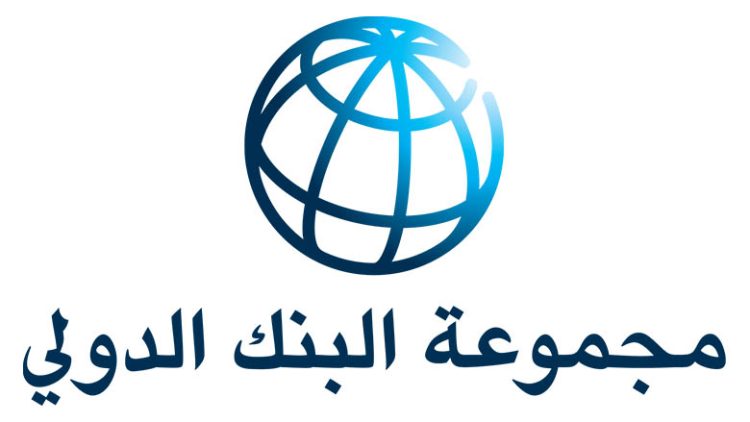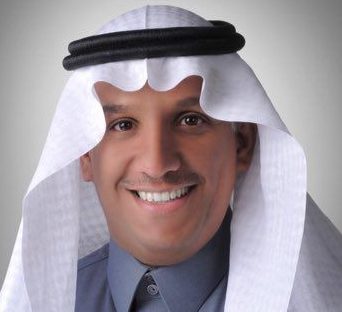© 2020 All rights reserved to Maaal Newspaper
Publisher: Maaal International Media Company
License: 465734
“World Bank”: Income gap widens for the first time in 100 years between poorest and richest economies
The World Bank said in a report on Monday that the income gap between the poorest half of the world’s countries and the richest economies is widening for the first time this century, in a historic decline in development.
According to Reuters, the report stated that the difference between per capita income growth in the poorest countries, which number 75, and the richest countries has widened over the past five years.
“We do not see a convergence for the first time,” said Ayhan Kosi, deputy chief economist at the World Bank and one of the report’s authors. “They are getting poorer.”
He added, “We see a very serious structural decline, and its repercussions in the world, and that is why we are sounding the alarm.”
The bank stated in the report that the 75 countries eligible for grants and interest-free loans from the bank’s International Development Association are at risk of missing ten years of development unless they make ambitious policy changes and receive significant international aid.
Kosi said growth had already begun to decline in many countries eligible to borrow from the IDA before the Covid-19 pandemic, but it will reach only 3.4% in the period from 2020 to 2024, the weakest five-year growth rate since the early 1990s. The Russian invasion of Ukraine, climate change, and increased violence and conflicts have greatly affected the prospects for those countries.
More than half of these countries are located in sub-Saharan Africa, 14 are in East Asia, and eight are in Latin America and the Caribbean. The per capita income in 31 of them is less than $1,315 annually. These countries include the Democratic Republic of the Congo, Afghanistan and Haiti.
Kosi said there was a need for ambitious policies to accelerate investment, including domestic efforts to strengthen fiscal and monetary policies and undertake structural reforms to improve education and increase domestic revenues.
Related







